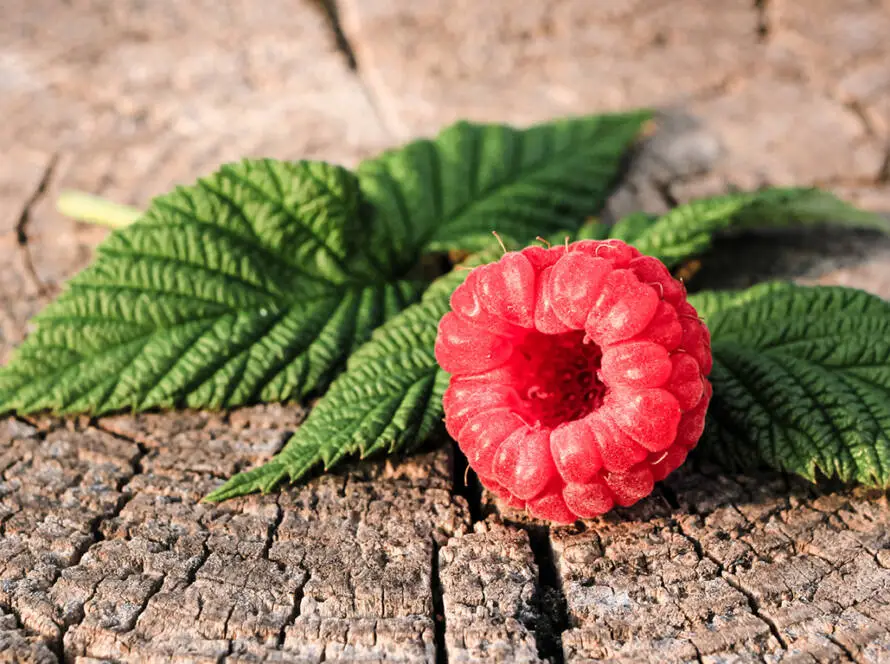Bitter Melon: A Comprehensive Overview
Bitter melon, also known by various names, is a unique fruit celebrated for its potential health benefits. This fact sheet provides essential information about bitter melon, including its common names, uses, potential side effects, and valuable resources for further exploration.
Common Names
- Bitter Melon
- Balsam Pear
- Bitter Cucumber
- Balsam Apple
- “Art Pumpkin”
- Cerasee
- Carilla Cundeamor
Latin Name
- Momordica charantia
Uses of Bitter Melon
Bitter melon is believed to offer a range of health benefits, making it a valuable addition to various diets and traditional medicinal practices. Some of its notable effects include:
- Hypoglycemic Properties: Bitter melon is commonly associated with lowering blood sugar levels, which has made it popular among individuals managing diabetes.
- Antimicrobial Activity: Some studies suggest that bitter melon may possess properties that help combat certain microbial infections.
- Antifertility Effects: Traditionally, bitter melon has been used for its potential effects on fertility, making it a subject of interest for those exploring natural contraceptive methods.
How It Is Used
Historically, bitter melon has been incorporated into diets to address various health conditions. The leaves and fruit are versatile in culinary applications and can be prepared in several ways:
- Culinary Uses: Bitter melon is often used in cooking to season soups and stews, adding a distinctive flavor.
- Teas and Juices: It can be enjoyed as a tea or consumed in juice form. Typical recommendations suggest consuming up to 3 1/3 ounces (100 mL) of a decoction, or 2 ounces (60 mL) of fresh juice each day.
- Tinctures: For those with diabetes, tinctures may be suitable, with a suggested dosage of 1 teaspoon (5 mL) taken two to three times daily.
Scientific Insights
Research into bitter melon has highlighted its potential benefits, particularly concerning diabetes management. While bitter melon juice has been recommended for diabetes at daily doses of 50 to 100 mL, there are also suggestions to take 900 mg of the fruit three times daily. However, I would like to point out that clinical trials validating these specific dosages are currently lacking.
Additionally, extracts from bitter melon roots and leaves have shown some antibiotic activity. Still, there is insufficient clinical data to support its use as an effective antimicrobial agent in medical settings.
Side Effects and Cautions
While bitter melon is generally considered safe for consumption, there are some essential precautions to keep in mind:
- Interactions with Medications: No well-documented drug interactions with bitter melon are known at this time.
- Effects on Pregnancy: Bitter melon has emmenagogue (stimulating menstrual flow) and abortifacient (inducing abortion) properties, making it inadvisable for pregnant women due to the risk of uterine bleeding and contractions.
- Toxicity in Children: The red arils surrounding the seeds are toxic to children, necessitating careful supervision and storage.
- Potential Adverse Effects: Consuming excessive amounts of bitter melon juice can lead to gastrointestinal discomfort, including diarrhea and abdominal pain.
Conclusion
Bitter melon is a fascinating fruit with potential health benefits, especially for those managing blood sugar levels. Its diverse applications in traditional medicine and cooking continue to attract interest. However, as with any herbal remedy or supplement, it is crucial to exercise caution, especially regarding dosage and individual health conditions. Consulting with a healthcare provider can provide personalized guidance for incorporating bitter melon into your diet.
Resources
- Drugs.com
- Wikipedia.com
This summary highlights the key aspects of bitter melon, including its traditional uses, potential benefits, and safety considerations.
Disclaimer
The information I’ve shared about herbs is for educational purposes only and is not meant as medical advice. While many herbs have been traditionally used for their potential health benefits, individual responses may vary, and the effectiveness of herbs can depend on various factors, including personal health conditions and interactions with medications. It is essential to consult with a qualified healthcare professional or a licensed herbalist before using herbs for medicinal purposes or making significant changes to your health regimen. This information should not be considered a substitute for professional medical advice, diagnosis, or treatment.


